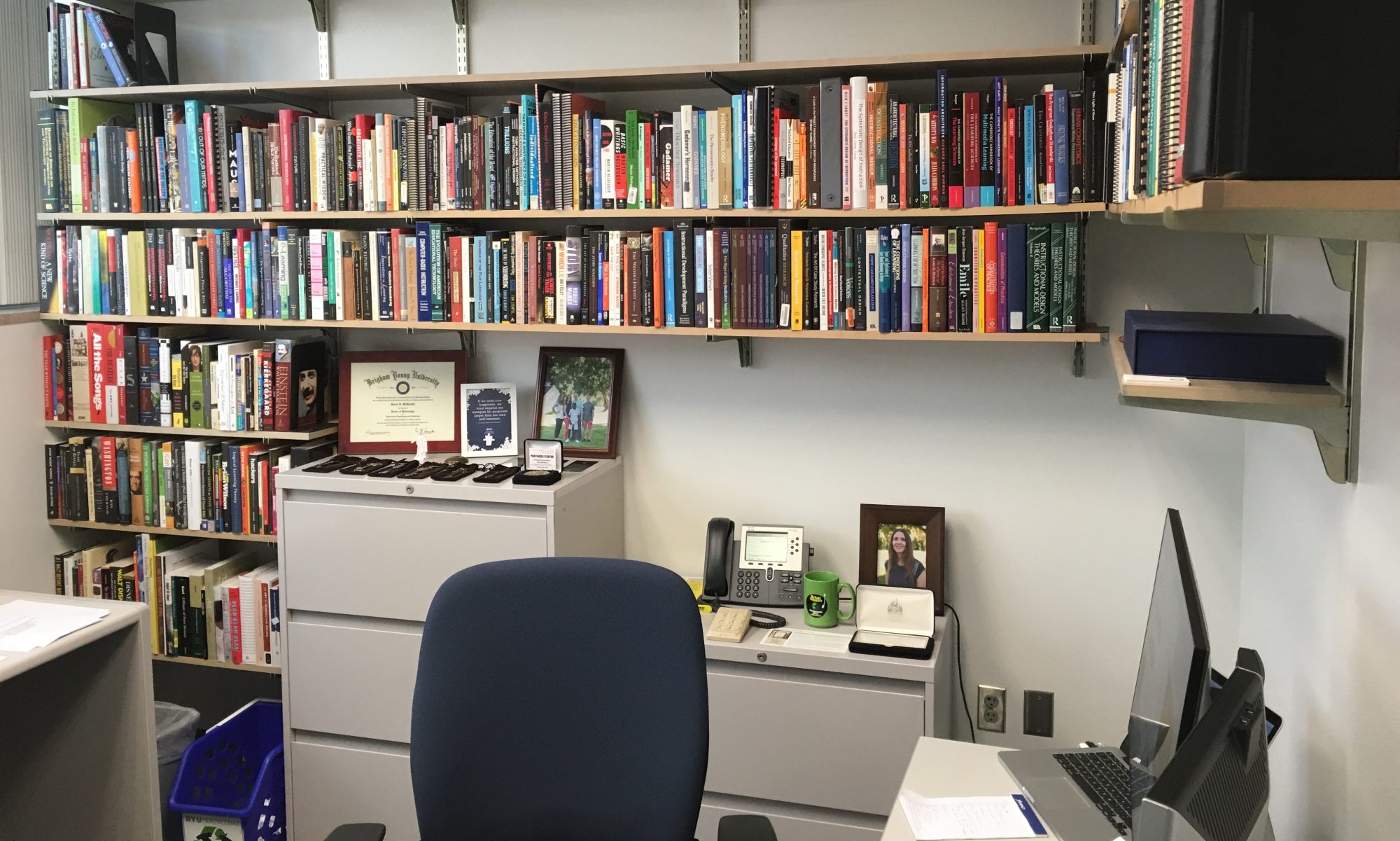I was invited to contribute this article to a special issue on learning experience design by the journal’s guest editors. I was reluctant at first because I didn’t see a strong connection between what I’m currently studying and the direction the issue was taking. But I ended up talking to a couple of the guest editors at a conference near the end of 2022, and because I’m a sucker they both talked me into it. But the more I thought about it, the more I saw how I could take the chance to write about issues I was more interested in, in particular the dispositions or character associated with designing in educational settings. My proposal was super complicated and went way over my head, let alone the heads of the editors. So one of them had to kindly sit me down and encourage me to speak better to their audience. At that point I brought in a student to help me, and in the end I think we got something meaningful and rigorous, and still (relatively) simple as well.
Abstract:
In this paper we consider how learning experience design (LXD) improves designers’ capacities to influence learning. We do this by exploring what LXD offers the design of learning environments that help develop learners’ expertise. We discuss how LXD (a) attunes designers to different learning affordances than are emphasized in traditional ID; (b) challenges the universal applicability of common ID techniques; and (c) expands designers’ views of the outcomes for which they can design. These insights suggest that LXD is useful because it refocuses and reframes designers’ work around flexible design approaches that are often deemphasized in traditional ID.
Reference:
McDonald, J. K., & Westerberg, T. J. (2023). Learning experience design as an orienting guide for practice: Insights from designing for expertise. Journal of Applied Instructional Design. 12(3), 201-214. https://doi.org/10.59668/515.12898
